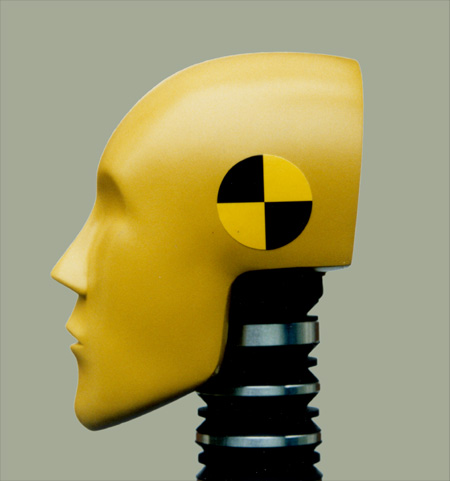According to a post on Research Digest, human memory is segmented, so walking through a doorway makes it more difficult to remember what occurred in the previous room. An excerpt:
“Like information in a book, unfolding events are stored in human memory in successive chapters or episodes. One consequence is that information in the current episode is easier to recall than information in a previous episode. An obvious question then is how the mind divides experience up into these discrete episodes? A new study led by Gabriel Radvansky shows that the simple act of walking through a doorway creates a new memory episode, thereby making it more difficult to recall information pertaining to an experience in the room that’s just been left behind.
Dozens of participants used computer keys to navigate through a virtual reality environment presented on a TV screen. The virtual world contained 55 rooms, some large, some small. Small rooms contained one table; large rooms contained two at each end. When participants first encountered a table, there was an object on it that they picked up (once carried, objects could no longer be seen). At the next table, they deposited the object they were carrying at one end and picked up a new object at the other. And on the participants went. Frequent tests of memory came either on entering a new room through an open doorway, or after crossing halfway through a large room. An object was named on-screen and the participants had to recall if it was either the object they were currently carrying or the one they’d just set down.
The key finding is that memory performance was poorer after travelling through an open doorway, compared with covering the same distance within the same room. ‘Walking through doorways serves as an event boundary, thereby initiating the updating of one’s event model [i.e. the creation of a new episode in memory]’ the researchers said.” (Thnaks Browser.)
Tags: Gabriel Radvansky

